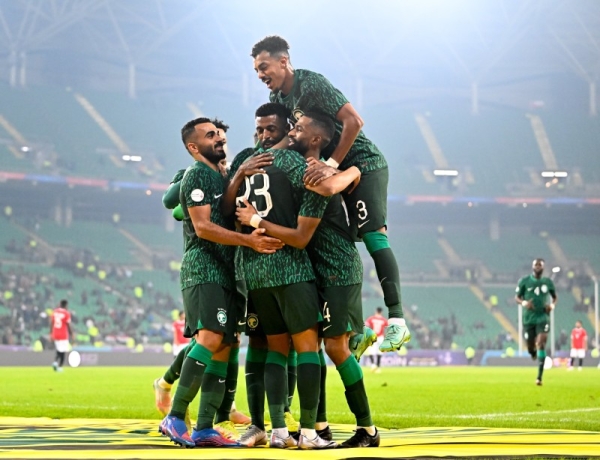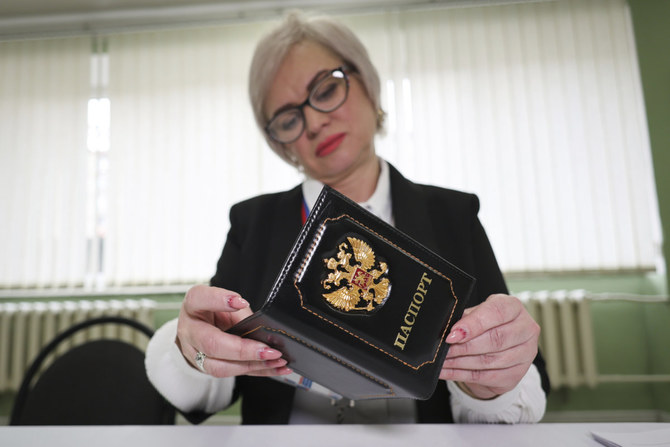
The international movement around Syria involving Moscow is getting more intense. Meetings and phone conversations between Moscow and Tel Aviv are becoming more than regular after Russia fulfilled its promise to guarantee the presence of the Syrian Army in the South, on the borders with Israel.
On Monday, Russian Foreign Minister Sergey Lavrov and Chief of Staff Valery Gerasimov met Israeli Premier Benjamin Netanyahu and Israeli Minister of Defense Avigdor Lieberman in Jerusalem; just after, Netanyahu spoke with Russian President Vladimir Putin on the phone.
The boost for Syria is also due to the successful operation to recover Daraa, the province which was the starting point of the Syrian conflict in March 2011. And after talks in Helsinki between Putin and Donald Trump where the two presidents reached some important agreements, albeit their outcomes remain unclear, the situation in Syria has received momentum.
Right after the Helsinki summit, Russia’s special presidential envoy to Syria, Alexander Lavrentiev, went to Iran to clarify the outcome of the Helsinki talks with the Iranian leadership. The Iranian presence on Syrian ground was among the key subjects in the Putin-Trump talks.
Iran had stated before that it is looking forward to further cooperation with Russia in Syria, and might consider withdrawal of its troops if its interests will be guaranteed by Russia. The Russian ambassador to Turkey, Alexei Yerkhov, has announced that an agreement was reached between Russia, Turkey and Iran to hold a trilateral meeting, though a date was not yet set. However, it is expected to be held by summer’s end.
The three countries have much to discuss. Many groundbreaking changes occurred since the last trilateral meeting in April this year, including a ceasefire in the Golan Heights, the transferring of those who want to leave to Idlib province and the rescue of the White Helmets from Syria to Jordan through Israel, with their further transportation to the West, as this was the main precondition by Jordan. Reportedly, the latter was made possible by an agreement between Putin and Trump in Helsinki.
Russia is playing a multilevel and multidimensional game in the region, and it is obvious. And it is implementing its game successfully.
Maria Dubovikova
Russia intends to work hard to return Syrian refugees from Jordan and Lebanon back to Syria, in cooperation with the United States and the United Nations. Moscow will seek to assist Amman and Beirut, which have taken in an enormous influx of refugees, bearing in mind its strategic interests to strengthen its political ties with these countries and being ready to use every opportunity to realise the long-term strategic goals and interests.
Russia is playing a multilevel and multidimensional game in the region, and it is obvious. It is implementing its game successfully. Moscow will have to work hard to persuade Ankara and Tehran that Russia and the US have not yet reached any agreements behind their backs that might hurt their interests.
Russia will attempt to advocate for Israeli interests in Syria as well. This task will be among the toughest to realise for Russia, yet it is obliged to proceed for further implementation of the settlement plan in Syria. Russia will do its utmost to persuade Iran to withdraw its forces from Syria, which is an Israeli and American demand. This might provide a breakthrough vis-a-vis international negotiations over Syria.
Russia is showing similar leadership on the Kurdish issue. Since the end of last summer, Turkey and Iran have discussed launching a joint campaign against the Kurdish PKK to abort their bid for an independent state. The reasons behind this are different, but in the very end the policies are serving the same cause in the framework of the Syrian conflict.
This will be tough for Russia and the US to handle. Moscow will advocate its Helsinki agenda, which was indirectly formulated during the summit. Russia will guarantee the security of the Jewish state, Iran will get a guarantee that it will not be expelled from the process, and cooperation will continue with broad international involvement in the Syrian crisis settlement that is developing following Russia’s scenario.
In the current circumstances, it is obvious that Russia’s strategy is a winning one: pursuing approaches that correlate with the interests of regional and global players. The upcoming month will pave the way for a more solid ground for the trilateral talks. A lot depends on what the US will come up with following what has been discussed in Helsinki.
Maria Dubovikova is a prominent political commentator, researcher and expert on Middle East affairs. She is president of the Moscow-based International Middle Eastern Studies Club (IMESClub). Twitter: @politblogme
Disclaimer: Views expressed by writers in this section are their own and do not necessarily reflect Arab News" point-of-view












